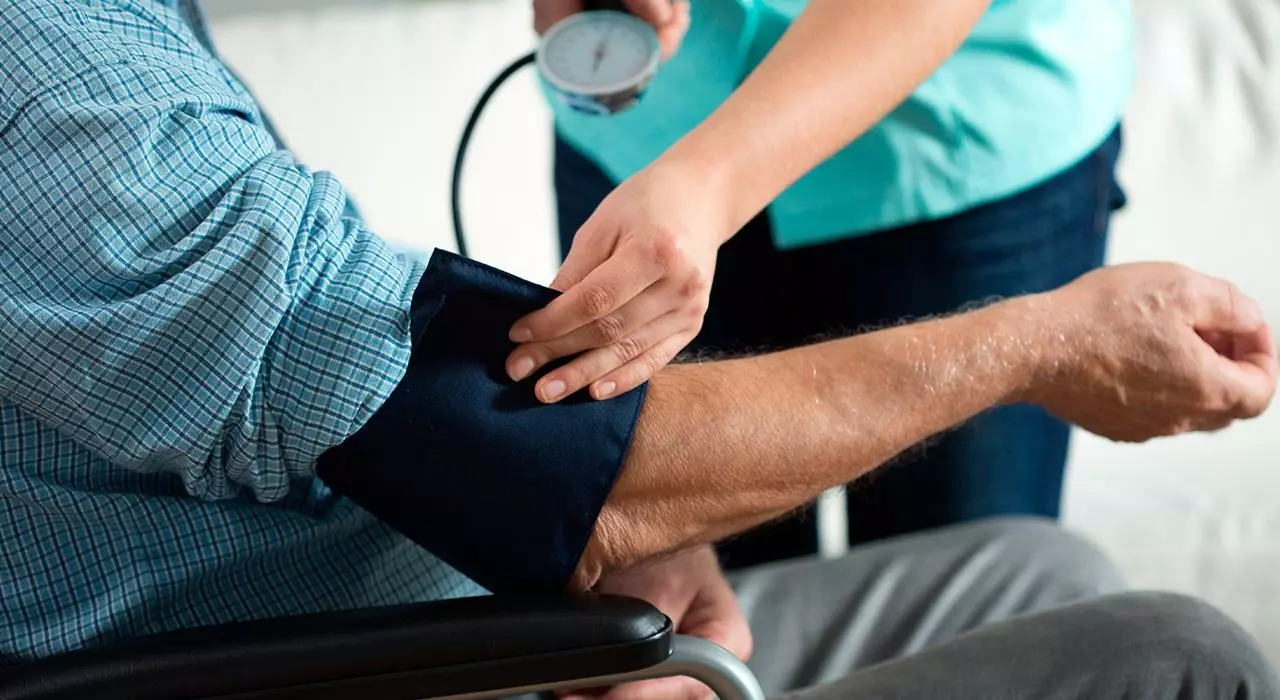Kidney function: what it does and why it matters
Your kidneys filter roughly 120 quarts of blood every day to keep fluid, electrolytes, and waste in balance. When they work well you usually don’t notice them. When function drops, symptoms appear slowly and can be easy to miss. Knowing how kidney function is measured and what to watch for gives you a real chance to protect your health.
How doctors check kidney function
The most common test is serum creatinine, a blood measure that estimates how well kidneys clear waste. From creatinine your doctor gets an eGFR number — estimated glomerular filtration rate. eGFR tells how efficiently your kidneys filter. An eGFR above 90 is normal for most people; under 60 for three months suggests chronic kidney disease and needs follow-up.
Urine tests matter too. A urine albumin test checks for tiny amounts of protein leaking into urine. Even small increases can signal early damage, especially in people with diabetes or high blood pressure. Doctors may also order BUN (blood urea nitrogen), full metabolic panels, and a simple urinalysis to look for blood, infection, or crystals.
Practical steps that protect kidney function
Control blood pressure and blood sugar. High blood pressure and uncontrolled diabetes are the top causes of kidney damage. Aim for targets your doctor sets and take meds as prescribed. Small improvements here slow damage more than any supplement.
Watch what you drink. Dehydration stresses kidneys. Drink water through the day, but don’t overdo fluids if you have heart or kidney restrictions set by a clinician. Cut added salt — less sodium lowers blood pressure and reduces fluid buildup.
Avoid regular use of NSAIDs (ibuprofen, naproxen). Taken long-term or in higher doses, these pain relievers can harm kidneys. If you need chronic pain control, ask for safer alternatives. Also bring a full list of prescription and over-the-counter meds to every clinic visit so your provider can check dosing for kidney function.
Keep a healthy weight, stay active, and stop smoking. These moves reduce risk factors that hurt kidneys. Limit very high-protein diets only if your doctor advises — extreme protein loads can stress reduced kidney function.
Be cautious with herbs and supplements. Some herbal products can injure kidneys or interact with meds. Always check with your clinician before starting new supplements.
Know the warning signs: less urine or darker urine, swelling in legs or around eyes, unexplained fatigue, shortness of breath, persistent nausea, or itching. If you see blood in urine, sudden drop in urine output, or severe flank pain, get urgent care.
Ask for your eGFR and urine albumin results and keep a record. If you have diabetes, high blood pressure, heart disease, or a family history of kidney failure, ask your provider how often you should test. Early steps can slow decline and keep you out of dialysis later on.
Protecting kidney function is mostly practical: control risks, avoid harmful meds, stay hydrated, and get tested when recommended. Small, consistent actions make a big difference.

The Effect of Amiloride on Blood Pressure and Kidney Function in Elderly Patients
In my latest blog post, I explored the effects of Amiloride on blood pressure and kidney function in elderly patients. I found that Amiloride, a diuretic medication, can help in reducing high blood pressure and improve kidney function in this age group. Not only does it aid in preventing heart attacks and strokes, but it also reduces the need for dialysis in patients with chronic kidney disease. However, it's crucial to consult a healthcare professional before starting Amiloride, as it may have potential side effects. Overall, this medication seems promising for elderly patients in managing hypertension and maintaining kidney health.
